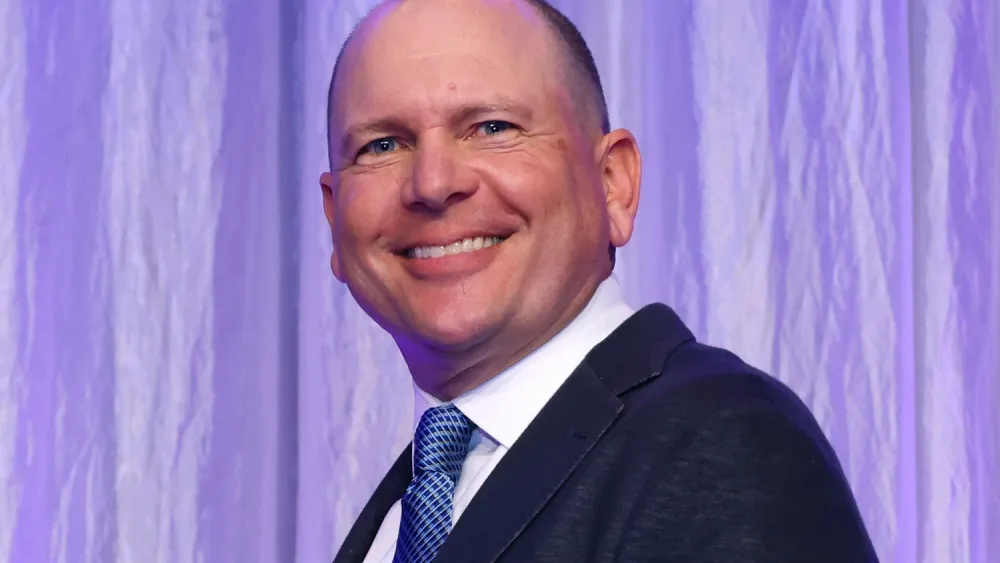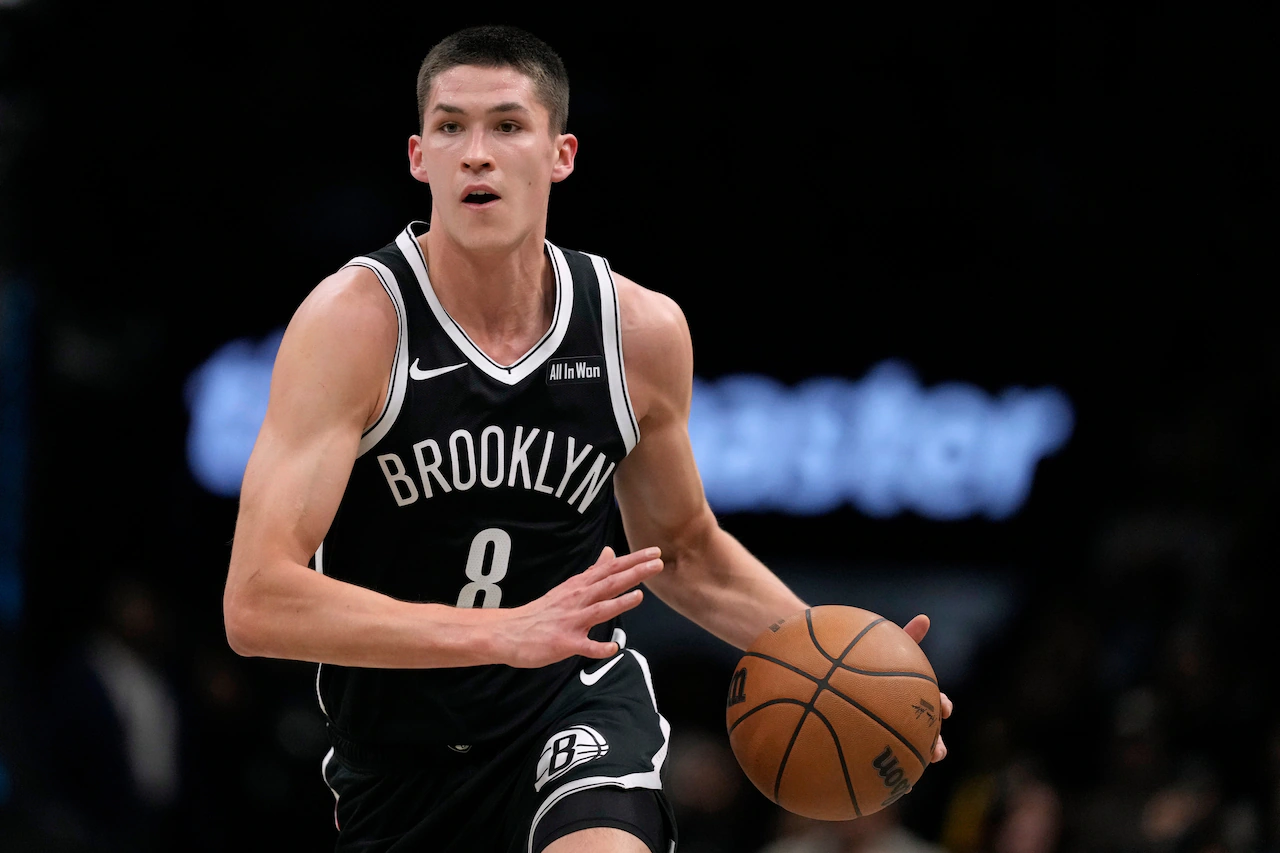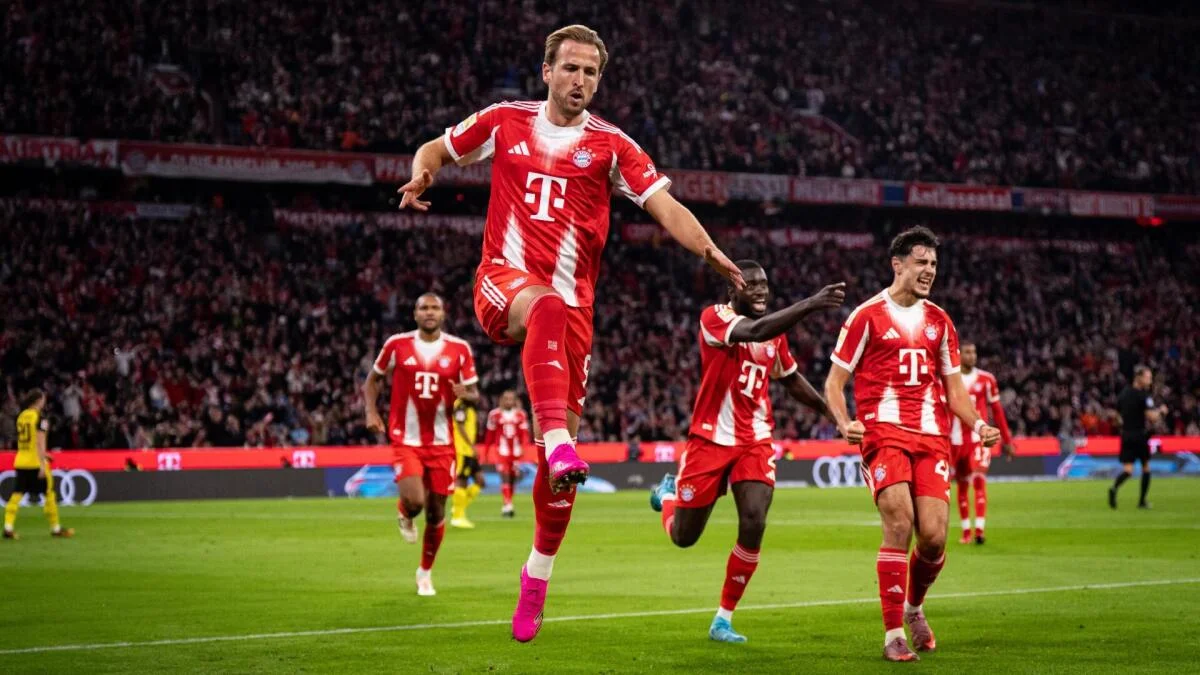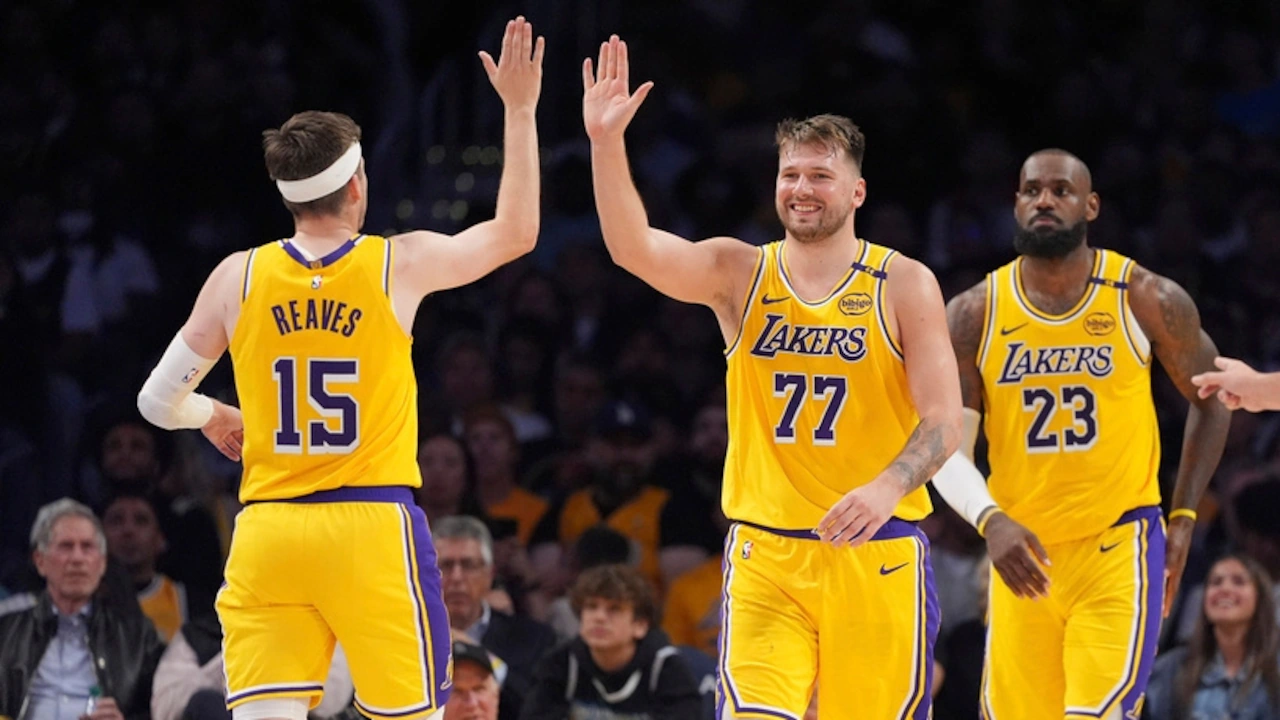Copyright Variety

Disney has settled its differences with YouTube over the departure of Justin Connolly, a high-level exec who now oversees YouTube’s media and sports operations. Connolly left Disney in May after 25 years at the company. Disney immediately sued YouTube for poaching him, and sued Connolly for breaching his contract. According to the suit, Connolly was just five months into a new three-year contract as president of platform distribution. Disney’s lawyers filed a notice of settlement on Tuesday, which did not reveal any details of the resolution. Connolly was paid $6 million in 2024, making him one of Disney’s highest paid executives. He oversaw a team of 300 people who were responsible for content distribution deals with cable and satellite providers, streaming services and YouTube TV. He reported to Jimmy Pitaro, Dana Walden and Alan Bergman, who in turn report to Disney CEO Bob Iger. According to Disney, Connolly’s defection came at a critical time, as the company was beginning its billion-dollar license renewal negotiations with YouTube — with Connolly as lead negotiator. Disney argued that Connolly was effectively switching sides, and would bring a wealth of inside knowledge about Disney’s strategy in those negotiations. (As of now, those talks appear to be at a standstill. Last week, Disney warned customers that its programming could be dropped from YouTube TV imminently if a deal is not reached.) Disney also feared that as YouTube enters into direct competition with ESPN for sports rights, Connolly would have inside information about ESPN’s ability to pay — putting Disney at a competitive disadvantage. According to Connolly, he was personally warned by Iger and other top executives that Disney would seek to block him from moving to YouTube. YouTube argued in court that Connolly would be walled off from all negotiations with Disney, and would be required to adhere to his confidentiality obligations to Disney. YouTube’s lawyers also suggested that Disney was merely seeking to use its claim over Connolly’s services as a chip in the license renewal talks — seeking to expedite those talks by offering to release Connolly’s obligations once the talks were concluded. YouTube also argued that Connolly’s contract was effectively at-will, and not a fixed-term agreement, as Disney retained the right to terminate him at any time without necessarily paying out the remainder of his deal absent a release. In June, Judge James Chalfant denied Disney’s motion for a restraining order to block Connolly from working for YouTube. The judge found that Disney had not shown the requisite emergency and had not shown that it was likely to succeed on the merits. Connolly told the court that he was grateful for the opportunities he received at Disney, and “saddened, though not terribly surprised, that Disney filed a lawsuit against me.” “I desire nothing more than to pursue my dream job at YouTube,” he stated. “And I hope that, in time, Disney will move on from their disappointment over my departure and that I will be able to restore my relationships with so many Disney colleagues.”



